The Helmholtz-Zentrum Hereon in Geesthacht (Hereon is a pun on "Helmholtz," "resilience" and "innovation") is part of an international network and lends its support to decision makers in politics, business and society. As part of the Helmholtz Association, it has a 1,100-strong workforce and an annual budget of EUR 130 million. Hereon strives to create knowledge and new technologies to sustain a liveable world. Last year, to mark what would have been the 200th birthday of Hermann von Helmholtz, 200 "challenges" were identified into which research is currently underway. Challenge 1 is entitled: "Preparing the city of the future for the climate of the future.”
The Earth is getting hotter and hotter. "Climate change is leading to increased, extreme heat during the day and at night, which may increase health risks for certain groups of people," according to the German Ministry for the Environment. Heat-related deaths rose by 47 per cent in 2019 over the period 2000-2005, according to Statista in Hamburg. And the stress triggered by heat in cities can be egregious. Structures such as buildings and roads absorb and re-emit the sun's heat creating the so-called heat island effect. Around 70 per cent of the world's population will live in cities by 2050, the United Nations has forcecast. Thus, urgent solutions are needed as cities continue to grow. The Helmholtz Climate Initiative, based in the Hamburg Metropolitan Region, is developing solutions for cities of the future.
Hereon seeks to preserve a world worth living in
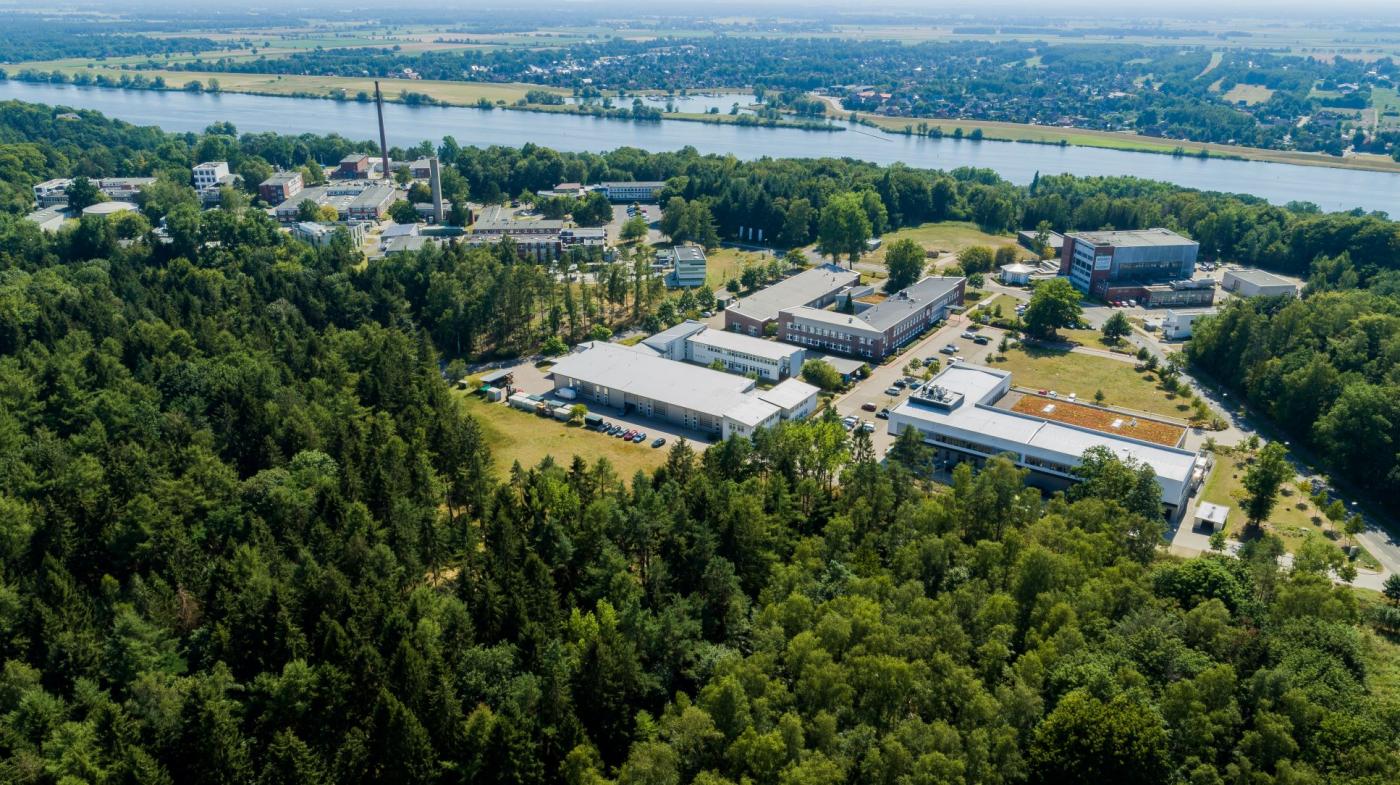
Hamburg heading for climate neutrality
"We work on climate impacts and services to understand and prepare for climate change," said Gaby Langendijk, a research associate at the Climate Service Centre Germany (GERICS). The institute, which is affiliated with the Helmholtz Zentrum Hereon, researches climate change on a regional level, and is part of the Challenge 1 research team. Hamburg has already made strides towards a smart and climate-resilient city, she noted. "In 2011, Hamburg became a ‘Green Capital,' and adopted a first climate plan in 2015 which was updated in 2019 by even more stringent climate targets." Hamburg aims to slash CO2 emissions by 55 per cent by 2030 over levels in 1990. And the city is aiming for a near-total cut of 95 per cent by 2050 to reach climate neutrality. A look at the 2018 interim status shows a drop of 25 per cent which is "not bad," according to Langendijk. "However, a national average of 35 to 40 per cent could be achieved."

"Do not let up," expert warns
Greater efforts are needed to switch to renewable energies, to overhaul energy systems and to use technical innovations such as solar energy technology. Langendijk's recommendations have been well received. Hamburg is now aiming to become a national, pan European logistics hub of a green hydrogen sector by 2030. In December 2020, Hamburg introduced mandatory solar roofs on new buildings from 2023 making the city a pioneer of climate protection in the construction industry. And Hamburg was the first major German city to launch a comprehensive green roof strategy, resulting in improved thermal insulation in winter and energy savings. Green roofs function like a natural air-conditioning system and relieve the burden on the sewage system, especially in heavy rains. However, Hamburg city cannot slacken its efforts, Langendijk warned. "We cannot adapt endlessly to climate change. We have to do everything possible to mitigate climate change because that's the best way to reduce our adaptation needs."
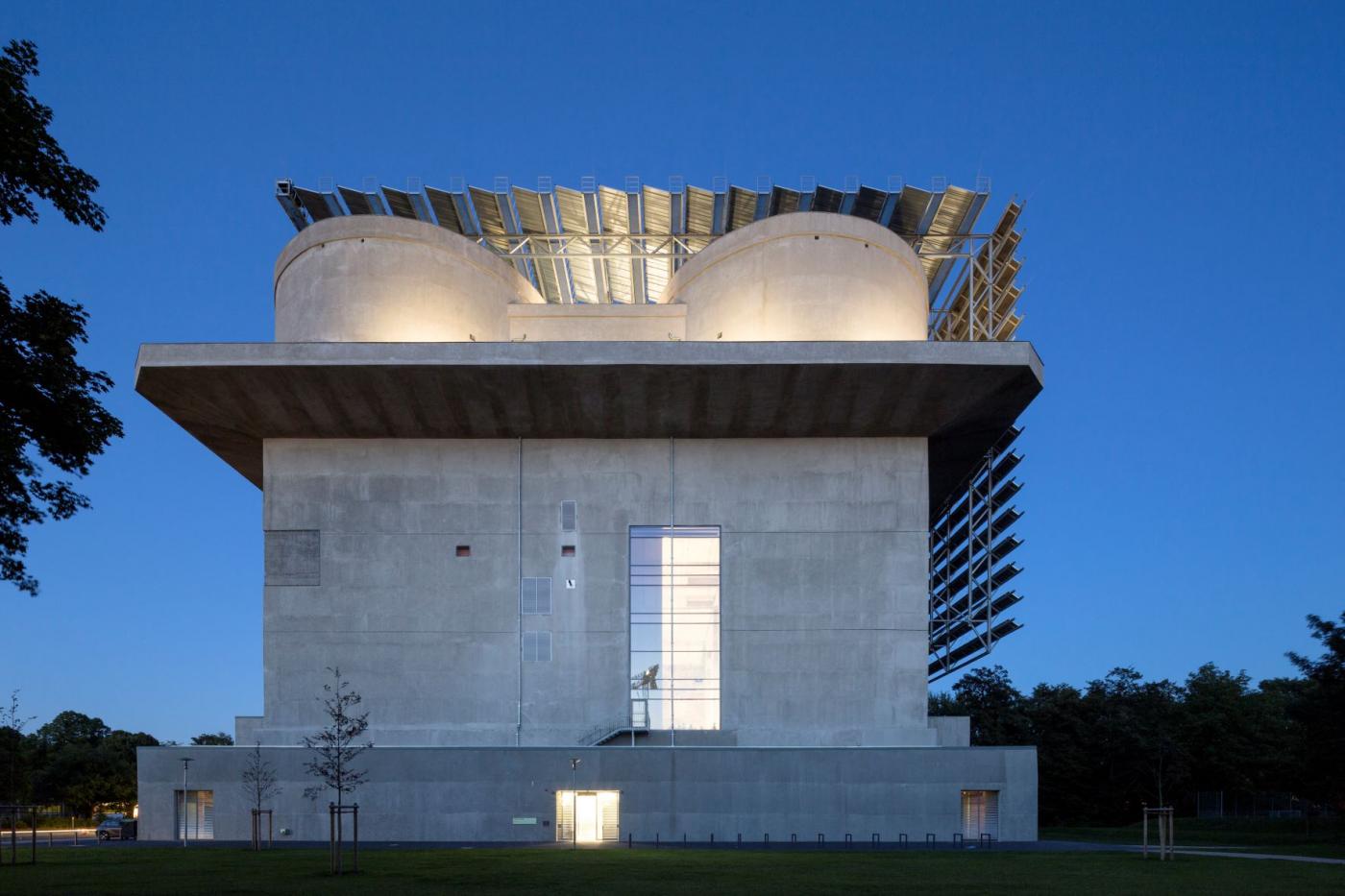
Examples of urban climate commitment
Transforming high-rise World War II bunkers is good, according to Langendijk. The roof of the St. Pauli bunker, for instance, which has been raised by five floors, is being greened to create a natural landscape that will benefit the climate in the long term. And the Wilhelmsburg energy bunker has been refurbished as part of the International Building Exhibition (IBA Hamburg) and turned into a renewable power plant and stores heat on a large scale. The bunker supplies the suburb of Reiherstieg with electricity and heat. "Such projects are good examples of urban climate commitment," Langendijk pointed out.
However, people can take numerous measures such as using climate-friendly transport and switching to a "green" electricity supplier. Some of the small-scale climate measures are even fun. "Put insect-friendly plants in the garden or on the balcony. That helps the urban climate, boosts biodiversity and the birds as well. Birdhouses are also welcome. Collect rainwater for the plants in containers." Everyone can do their bit towards climate-neutrality and make Hamburg more climate resilient.
ys/pb
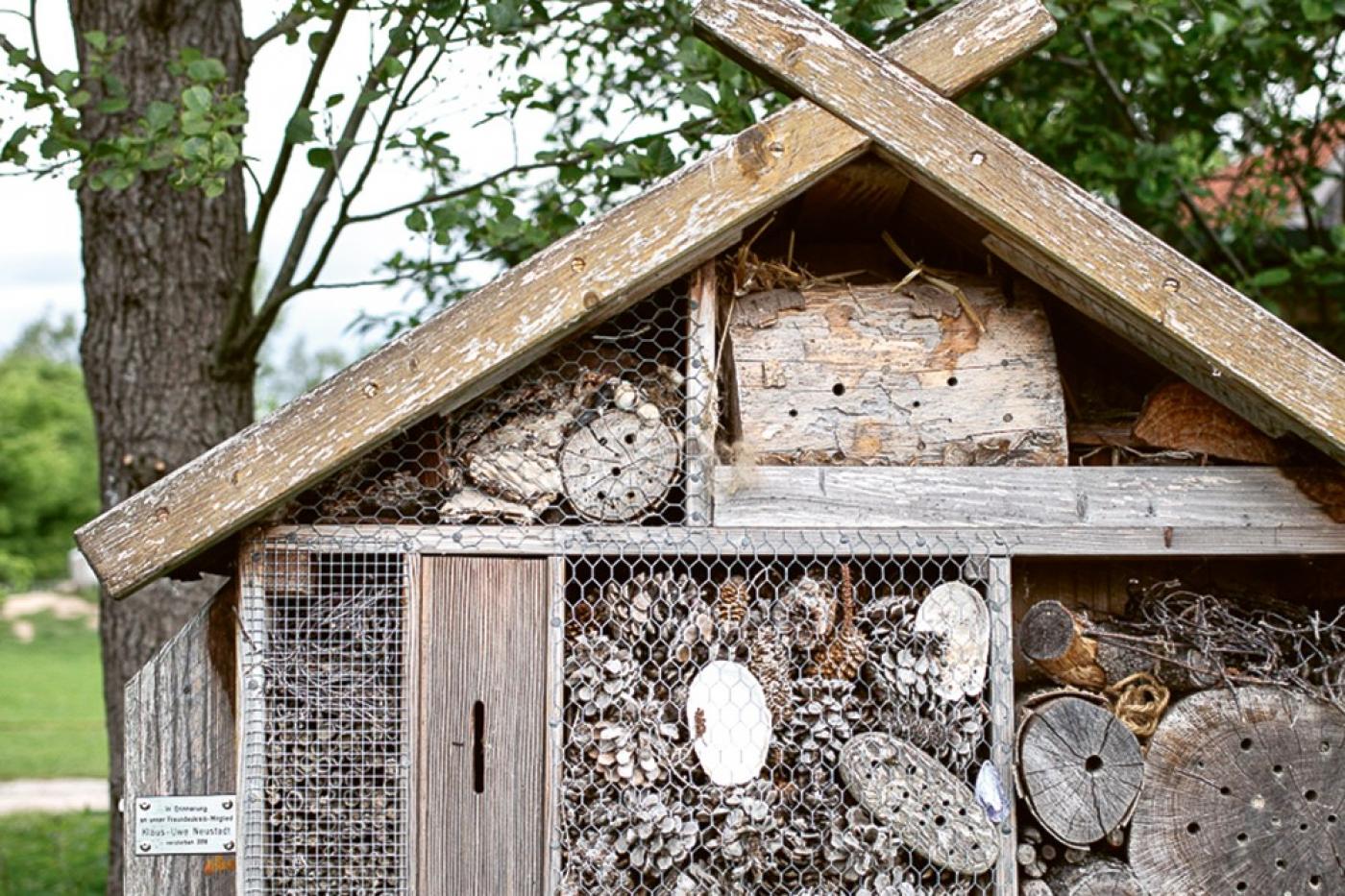
Sources and further information
Helmholtz Center Hereon
As part of an international network and within the Helmholtz Association, Hereon lends its support to political, industrial and social institutions by transferring its expertise in a bid to shape the future. Founded in 1956, the centre is the largest non-university research institution in Schleswig-Holstein. Apart from its headquarters in Geesthacht, Hereon has branches in Berlin-Teltow, Hamburg, Kiel and in Garching near Munich. The research centre has an annual budget of some EUR 130 million. GERICS is an independent scientific organizational unit at the Helmholtz-Zentrum Hereon, and is based in Hamburg's Chilehaus. More than 70 employees develop scientifically-based prototypes and services to assist decision-makers in the political sphere, business and public administration with measures to adapt to climate change.
More
Similar articles
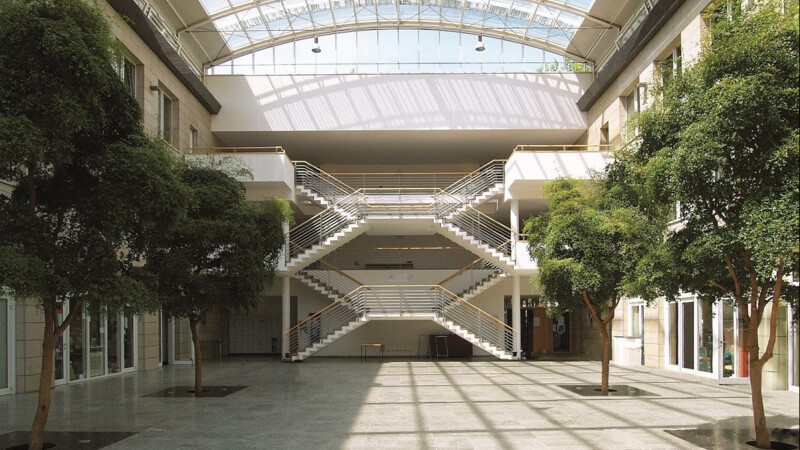
Climate expert Mojib Latif: Moving from knowledge to action
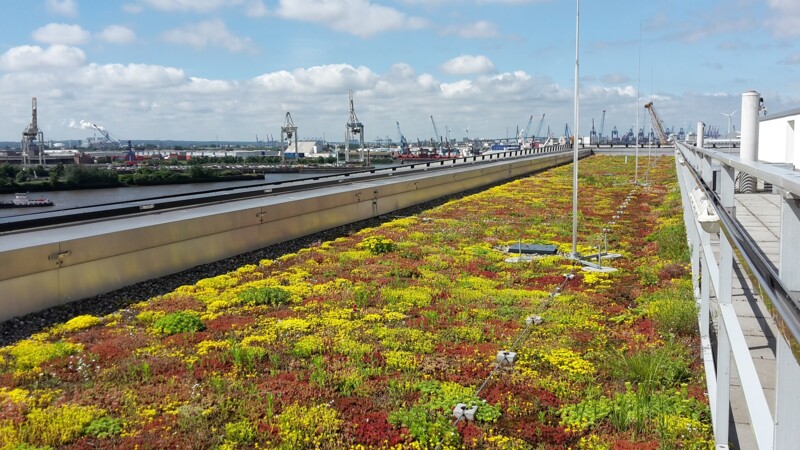
Hamburg strengthening its resilience to climate change
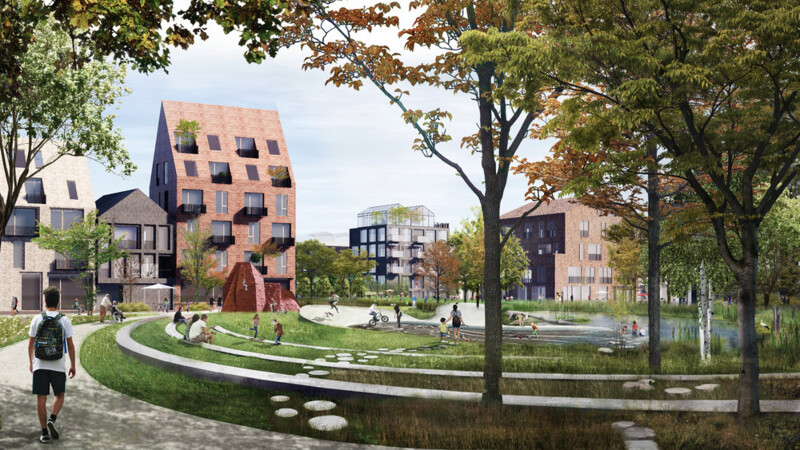
Environment-friendly heat for Hamburg's new suburb Oberbillwerder
